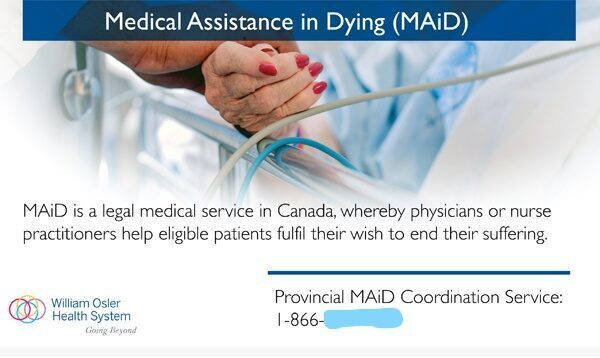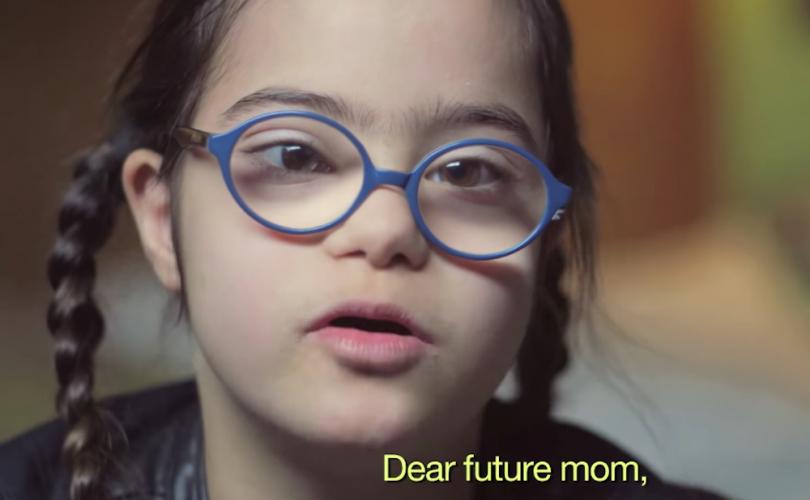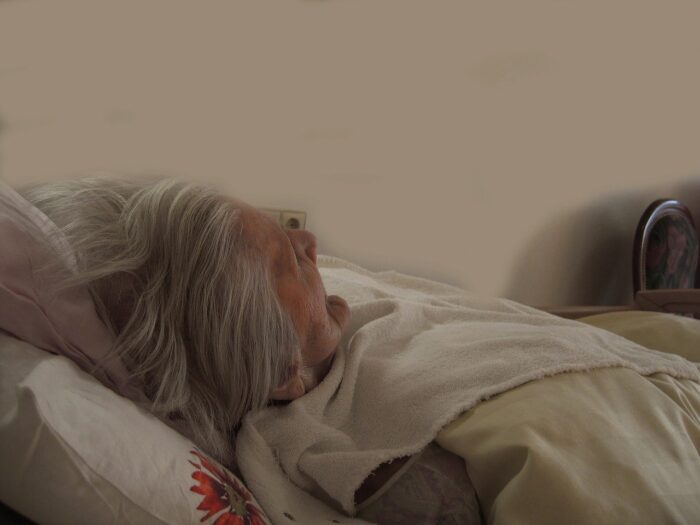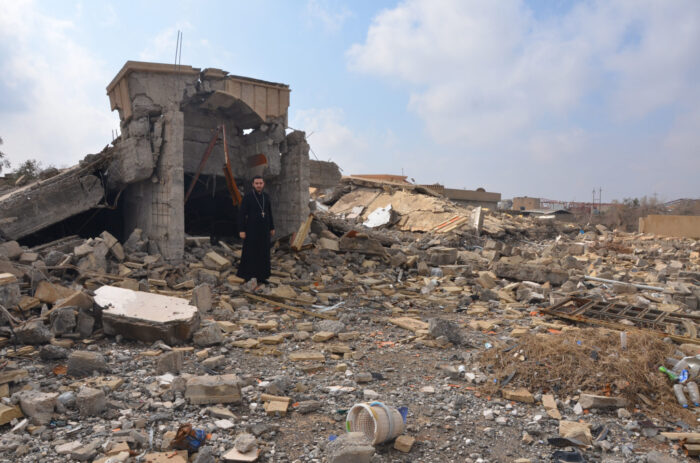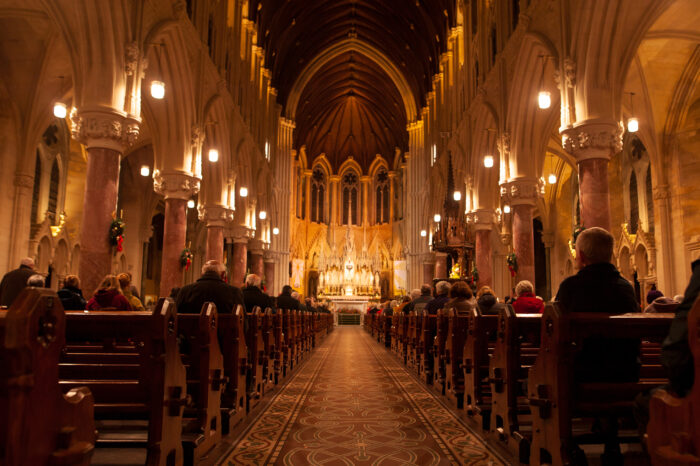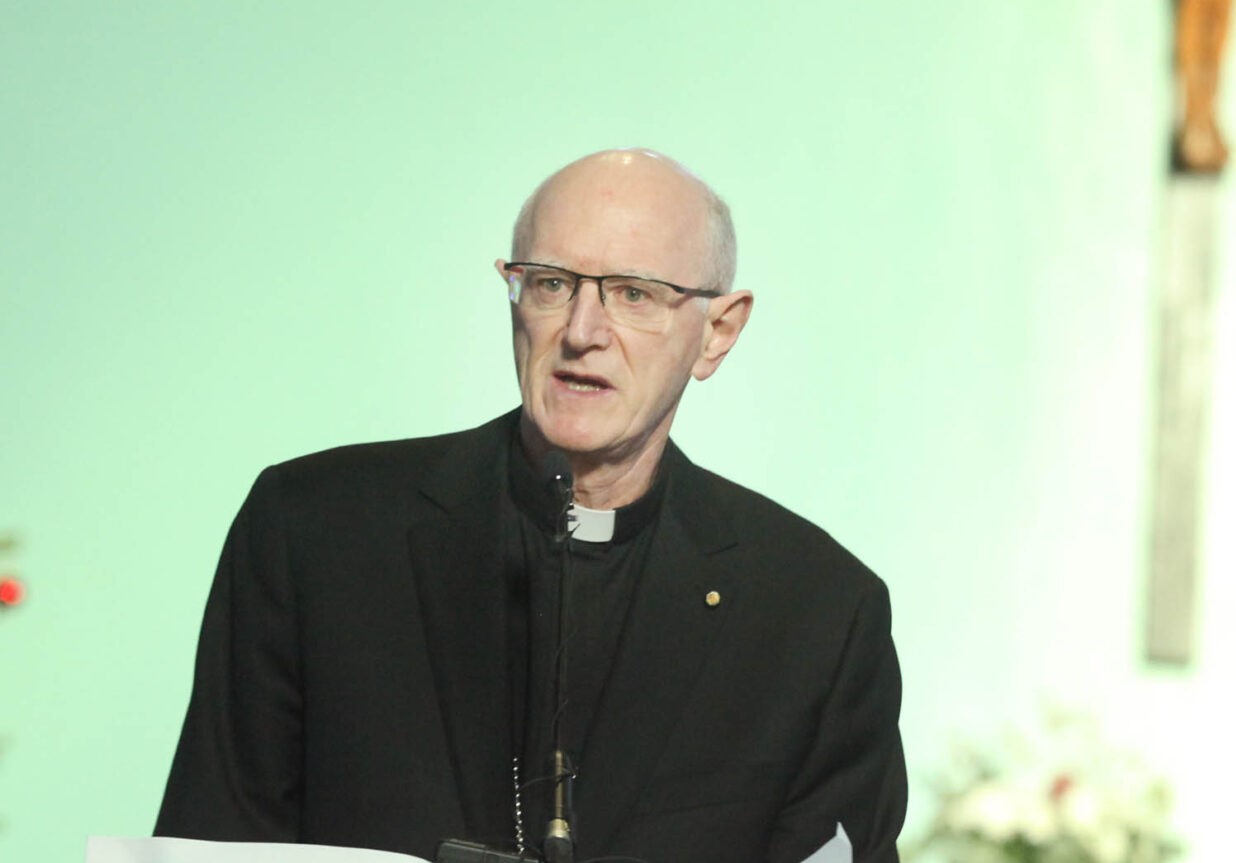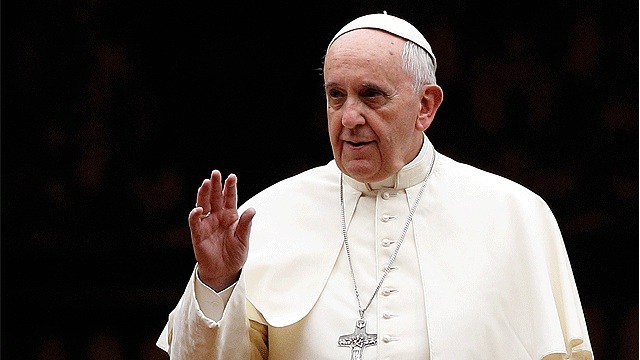Spain’s Catholic bishops have condemned the legalisation of euthanasia in the country yesterday. Doctors have also attacked the move, which will allow people to avail of the procedure even when they are not dying.
The country’s parliament approved the law 202 to 141, and it will go into effect in three months.
Once the law is applied, anyone over the age of 18 who suffers “a grave and incurable” disease, or “serious, chronic and incapacitating condition” that affects autonomy and that generates “constant and intolerable physical or psychological suffering” can choose to end their life.
“Unfortunately, they’ve tried to find a solution to avoid suffering, by inducing the death of someone who is suffering,” said Bishop Luis Argüello, secretary general of the Spanish bishops’ conference.
The bishop added this is also a time for the Catholic Church to remind Spanish society that “you will not willingly cause the death of person to alleviate suffering, but on the contrary, you will care for, practice tenderness, closeness, mercy, [inspire] encouragement [and] hope for those people who are in the final stretch of their existence, perhaps in moments of suffering that need comfort, care and hope.”
Argüello said this is time for “promoting a culture of life and taking concrete steps promoting a living will or advance declarations that make it possible for Spanish citizens to express their desire to receiving palliative care in a clear and determined way: Their desire not to be subject to the application of this euthanasia law.”
Manuela Garcia Romero, deputy head of the Medical College Organisation (OMC), expressed doubts over implementation of the law. He said: “Doctors don’t want anyone to die – it’s in their DNA”.


